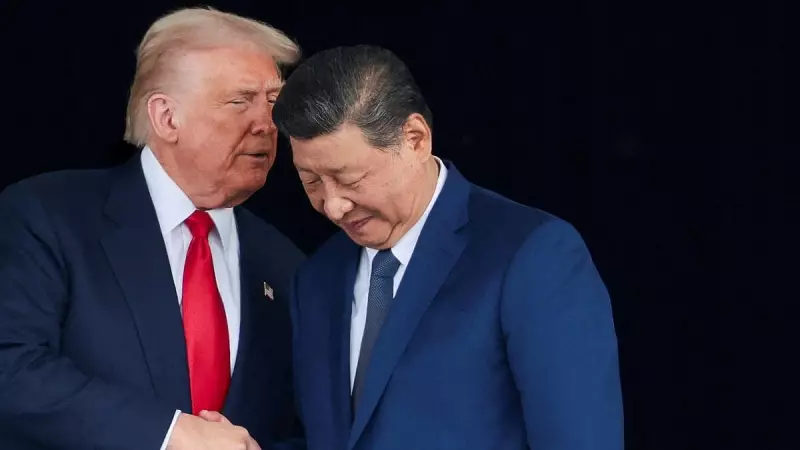
In a revealing diplomatic encounter that has geopolitical analysts buzzing, former President Donald Trump made a strategic decision to avoid confronting Chinese President Xi Jinping about China's continued purchases of Russian oil. This calculated omission occurred during their recent high-stakes meeting, even as Trump maintained his persistent claims about India dramatically reducing its energy imports.
The Deliberate Silence on China-Russia Energy Ties
What makes this development particularly noteworthy is Trump's selective approach to addressing global energy dynamics. While China remains one of the largest purchasers of Russian crude oil following Western sanctions, Trump chose to bypass this contentious issue entirely in his discussions with Xi Jinping. This strategic silence speaks volumes about the complex balancing act in US-China relations.
India in the Spotlight: Trump's Persistent Narrative
Meanwhile, Trump continued to assert that India would significantly slash its oil imports, despite evidence suggesting otherwise. This creates an interesting contrast in his diplomatic approach – maintaining pressure on India while giving China a pass on the same issue. The former president's selective focus raises questions about the consistency of his energy diplomacy and its implications for global markets.
Geopolitical Implications for Asian Powers
The differing treatment of China and India in these energy discussions highlights several key strategic considerations:
- China's economic leverage continues to influence US diplomatic approaches
- India's growing global position makes it a frequent topic in energy security discussions
- Russian oil exports remain a divisive issue in international relations
- Strategic partnerships are being reshaped by energy dependencies
Market Reactions and Future Projections
Energy markets and political observers are closely watching how these diplomatic maneuvers might influence global oil flows. Trump's approach suggests a potential blueprint for how he might handle similar situations if he returns to office. The selective engagement with different nations on Russian oil purchases indicates a nuanced, if inconsistent, foreign policy strategy.
The ongoing dynamics between major oil-consuming nations and Russia continue to reshape global alliances and economic relationships, making this development crucial for understanding future energy geopolitics.





